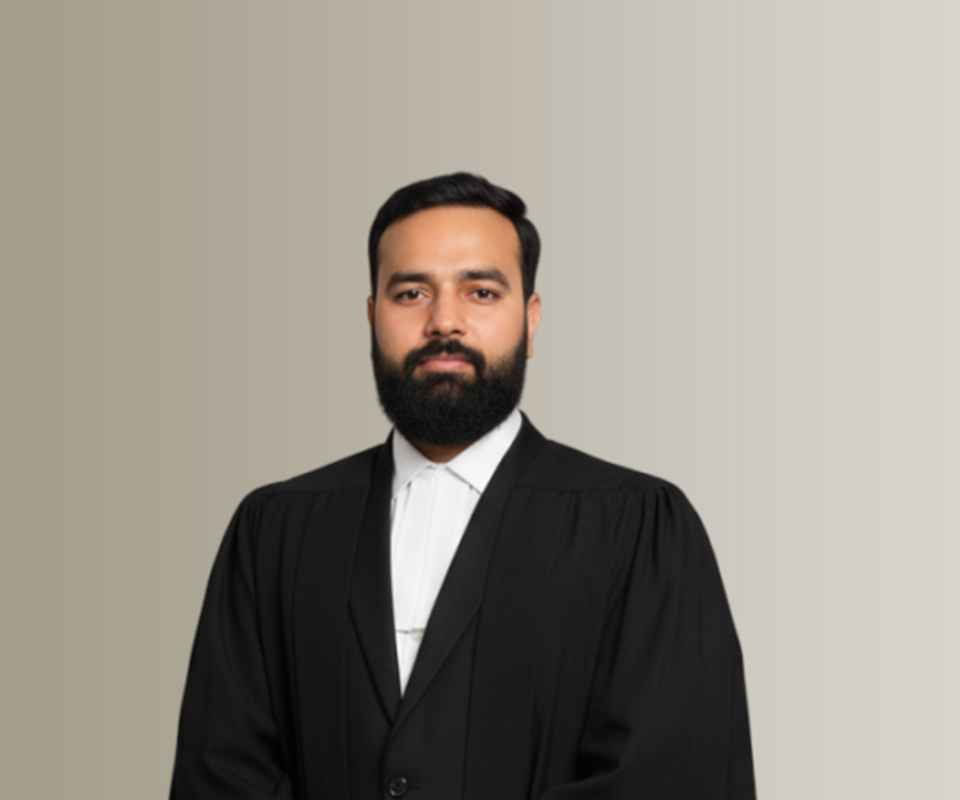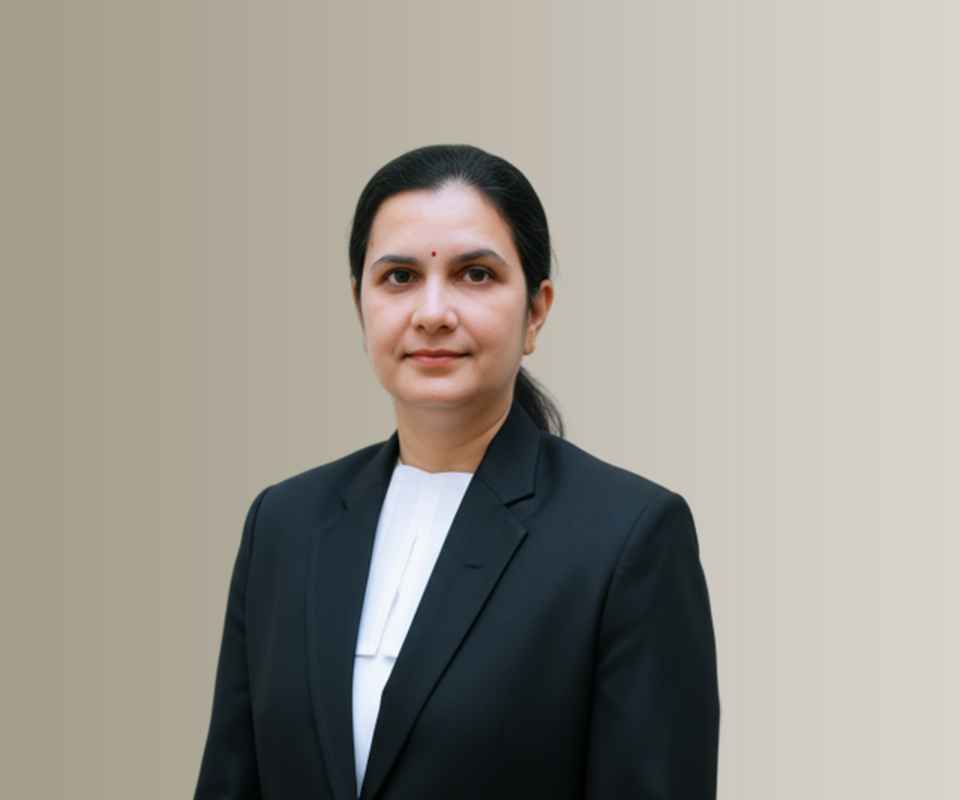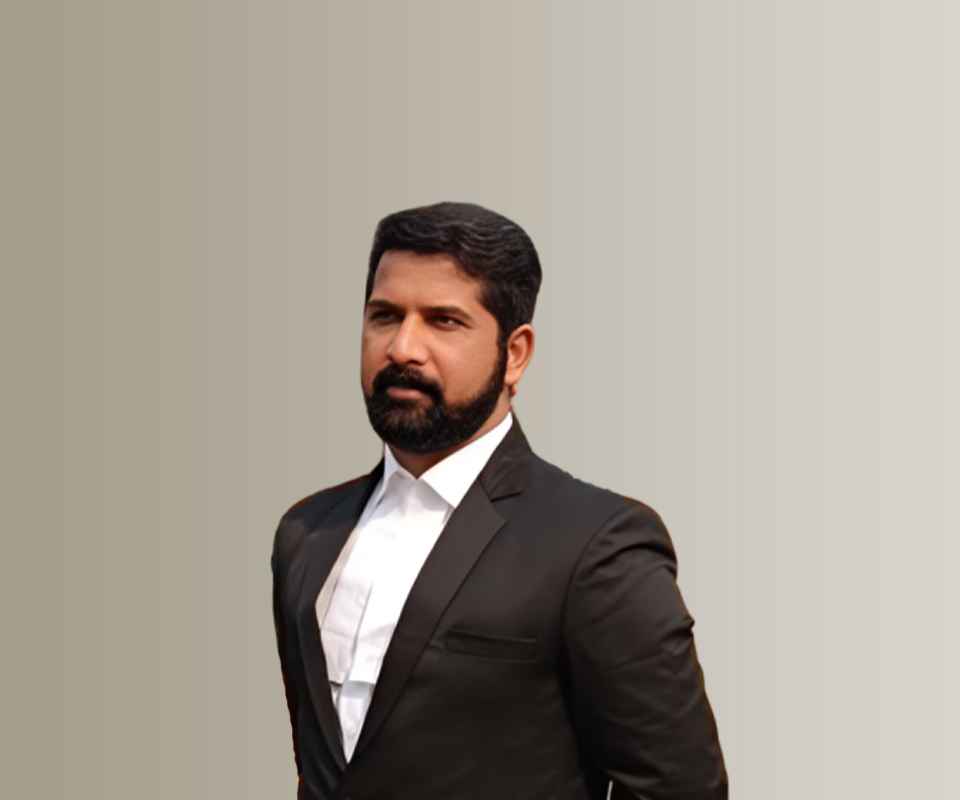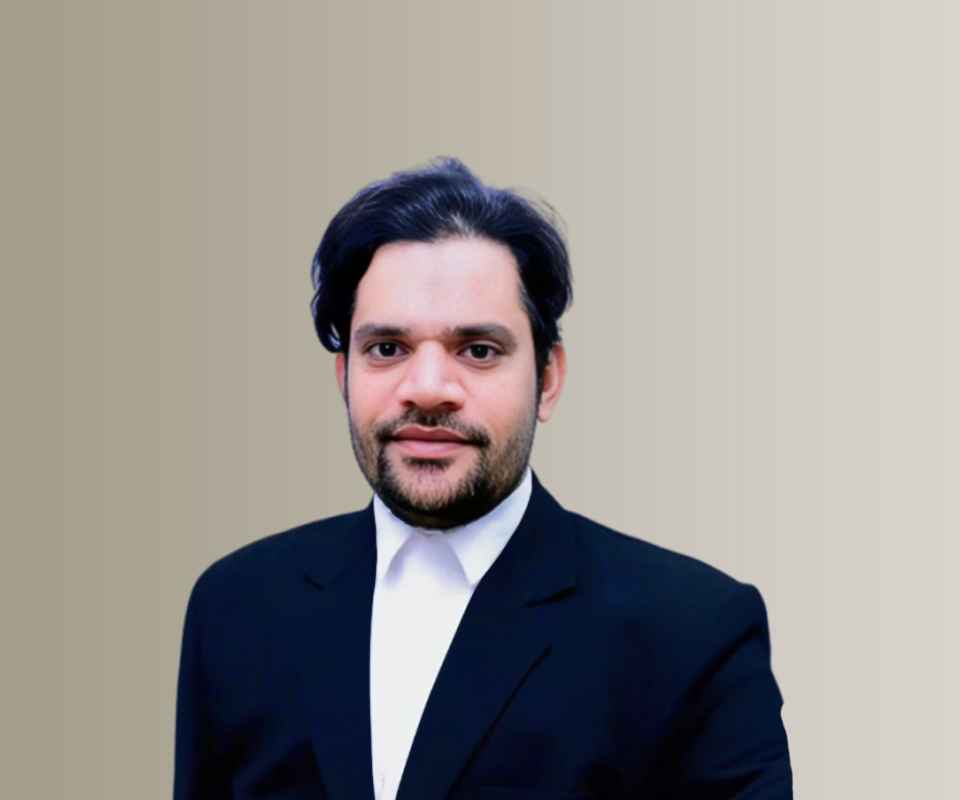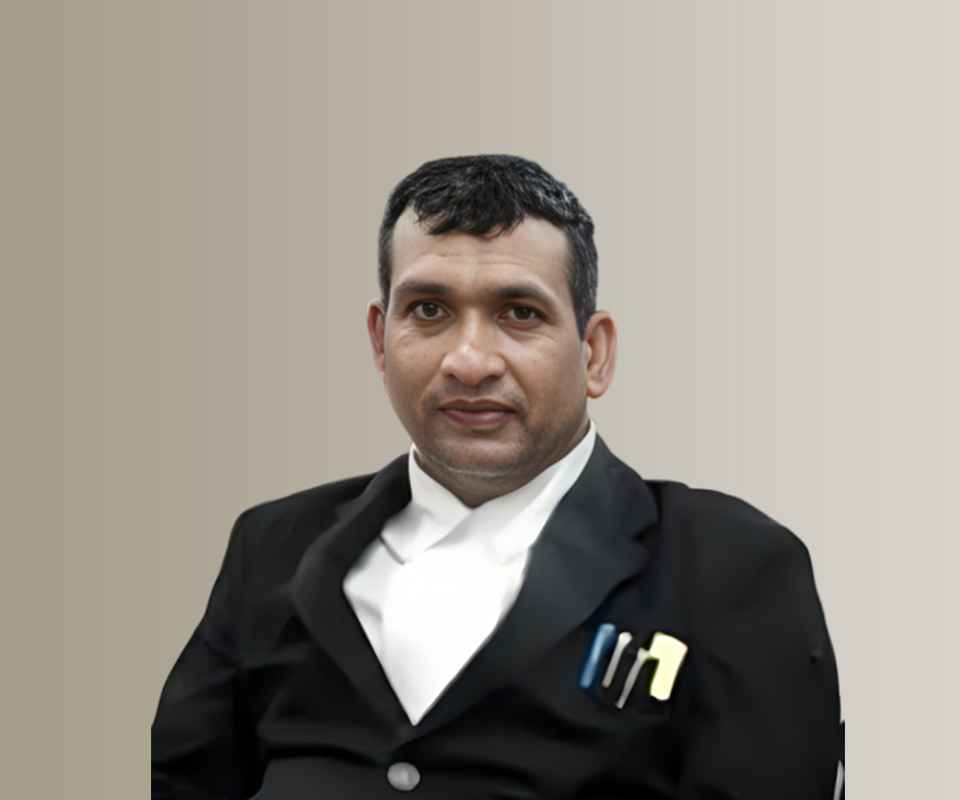Answer By law4u team
The Supreme Court of India hears several types of cases, including: Constitutional cases: These cases involve the interpretation of the Indian Constitution and the validity of laws passed by the Parliament or State Legislatures. Civil cases: These cases deal with disputes between individuals, companies, and other entities. Criminal cases: These cases involve offenses that are considered crimes under Indian law. Public Interest Litigation (PIL) cases: These cases involve issues that affect the public interest and seek to promote the welfare of the society as a whole. Appeals: The Supreme Court hears appeals against the judgments of lower courts and tribunals, including High Courts and District Courts. Reference cases: The President of India may refer a question of law to the Supreme Court for its opinion. Special leave petitions: The Supreme Court has the power to grant special leave to appeal against any judgment or order of a High Court or any other court or tribunal in India. Overall, the Supreme Court has the final authority on interpreting the law and the Constitution of India.

